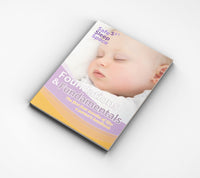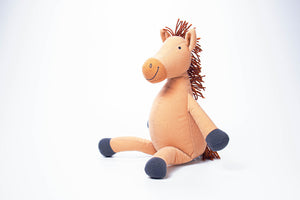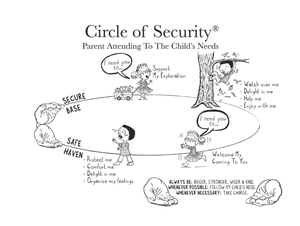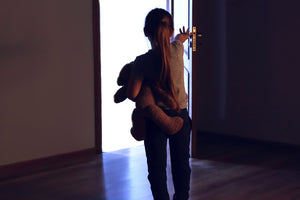How to Help Babies and Toddlers Adjust to Daylight Savings

Many babies need help to adjust to daylight savings.
In Australia, October marks the start of daylight savings (EST) – the beginning of longer days, later nights and warmer weather! The downside for many parents, is that for babies and toddlers the changing of times can interfere with their little body clocks and add an extra challenge to bedtimes! Here are some things parents can do to help their baby/toddler adjust more easily to this change.
Plan and make the adjustment slowly
Babies and toddlers can’t cope with abrupt changes. The key to adjusting to daylight savings is to make the changes gradually. We recommend that parents start the process around 5 days before the start of daylight savings and change the baby’s or toddler’s routine in 15 minute increments each day. This means waking the child up, giving them lunch /dinner and putting them to bed 15 minutes earlier than the day before. Once the clock changes you will have begun the progressive move so it won’t feel so hard for so long.
For example: if your baby has a 7pm bedtime
|
Day |
Routine |
Nighttime Bedtime |
|
Day 1 Wednesday |
Keep same usual pattern of sleep & feed times |
7pm |
|
Day 2 Thursday |
Sleep & feed times 15 minutes earlier; so the first feed of the day should start at 6.45am not 7am |
6.45pm |
|
Day 3 Friday |
Sleep & feed times 30 minutes earlier; so the first feed of the day should start at 6.30am not 7am |
6.30pm |
|
Day 4 Saturday |
Sleep & feed times 45 minutes earlier; so the first feed of the day should start at 6.15am not 7am |
6.15pm |
|
Day 5 Sunday |
Clocks have changed. Wake your child at 7am (new time) and back on usual routines. |
7.00pm (new daylight savings time) |
Stick with the sleep routine
It’s especially important to stick with the usual bedtime routine, for example bath, story and cuddles, as your child is now dealing with a change in schedule. Children love the sense of predictability and it will give them the powerful signal that it is bedtime!
Speak to your Early Childhood Centre
If your baby or toddler attends childcare, speak to the staff and let them know what changes you will be making and discuss how they can support you.
Control the light
Blocking out sunlight in the evening and morning can help your child adjust to their new sleep times. Invest in some blackout blinds, or even use some cardboard or black plastic on the windows.
Be patient and sympathetic
It will generally take about a week after daylight savings for your child to adjust to their new sleep pattern. During this time you may notice that they may be a little more grumpy or tired. Try and be understanding if they are particularly cranky or clingy. Finally, don’t forget to look after yourself too! Adults can also feel sluggish and cranky during this time too so make sure you are also getting the rest you need.
If your baby is struggling with sleep issues, you might also be lacking the sleep you need. Poor sleep can be really difficult some days. Book a phone consultation with one of qualified health professionals to get some extra tips and support to help your baby get some extra sleep.
Toddlers are tricky, get some back up with our parent support tools.
As your baby develops into a toddler, they become increasingly aware of the world around them.
While this can be an exciting time for your toddler, it can also be challenging and frustrating for you both, as they begin to exert their independence and insist on doing things on their own.
The Guide to Toddlers is the perfect place to learn all of the skills and behaviours of your toddler and gentle and effective ways to communicate with them.
Many parents have reduced sleep. The Safe Sleep Space website has a variety of resources and supports to provide tips and advice on how to assist your baby with sleep. You can also book a phone consultation to speak with a Sleep Consultant.
Other blog posts you will find helpful:
How to stop a toddler's bottles
Coping with toddler nightmares and night terrors
Amber beads. Why they're really not a good idea.
We've developed a range of support services to help you get all the sleep tips you need. Head to our Parent Page to see each of the options available.
- Tags: baby sleep daylight savings Sleep








